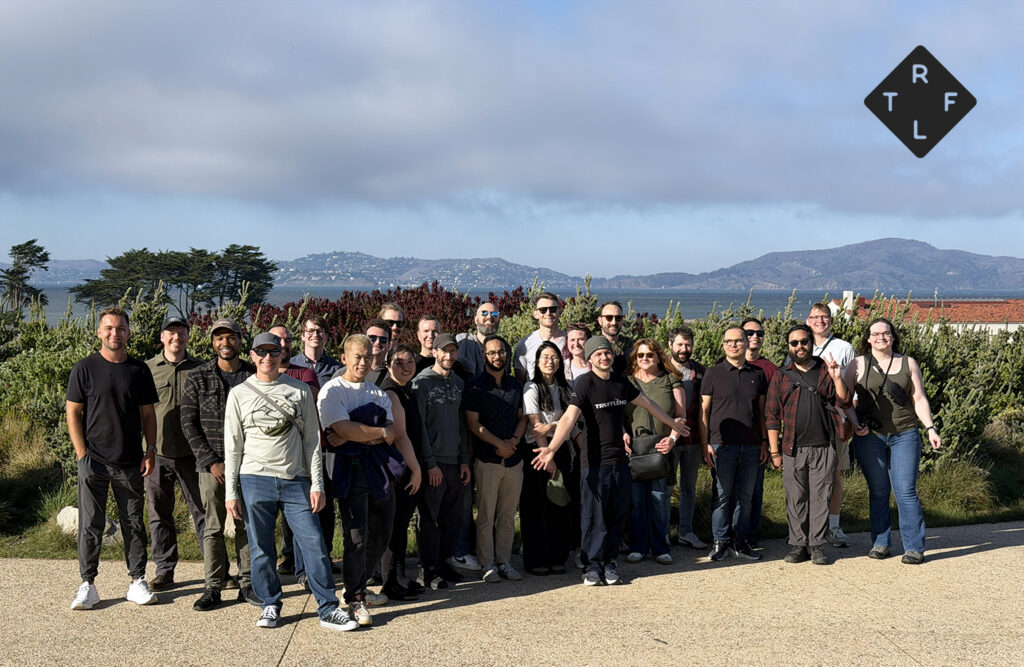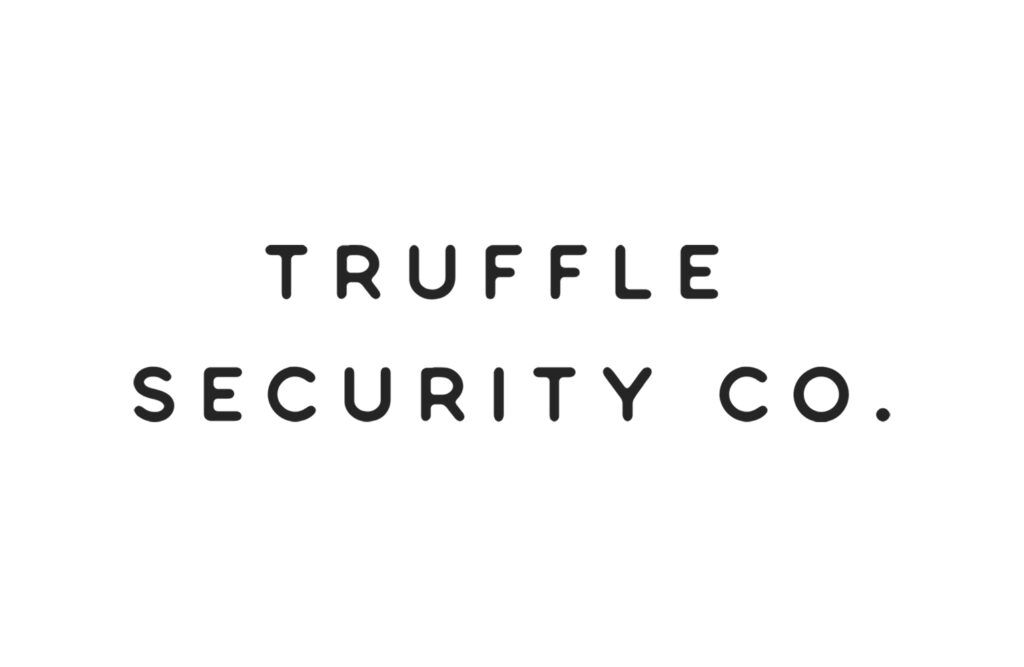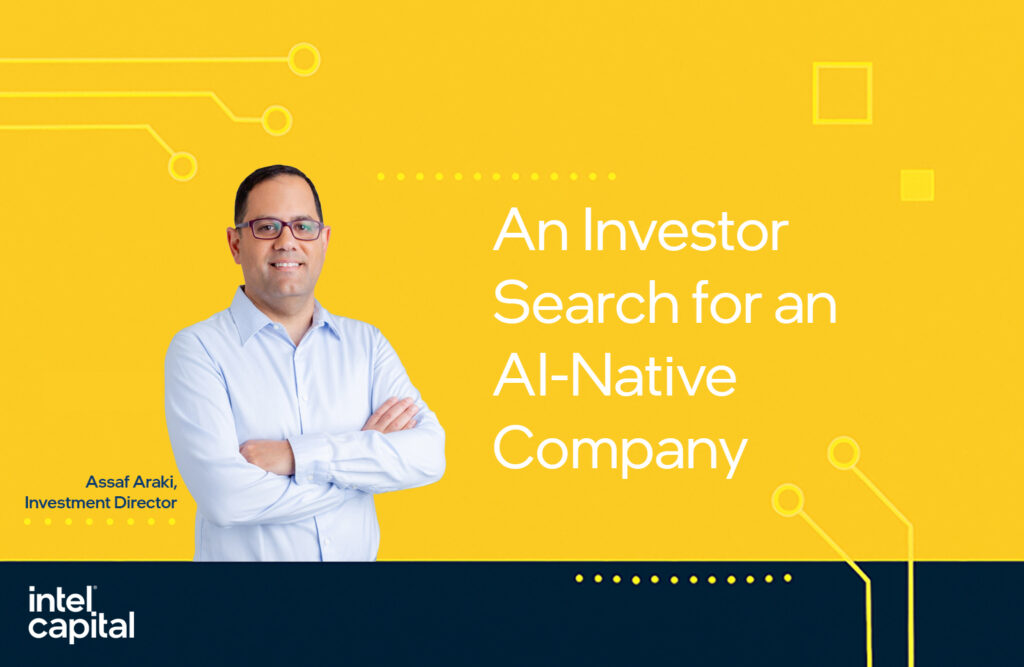
The Key to Unlocking the Value of Data in Mainframes is in the Cloud
Back in 2006, mathematician Clive Humby famously asserted that "data is the new oil."
People have debated the claim ever since, but if true, many enterprises have a problem. Much like traditional oil, these "new oil" reserves are often stuck in places where modern data extraction and refinery tools can't easily access them.
Older technologies such as tape-based storage common with mainframe systems make it difficult to fully capitalize on the value of the data. All those petabytes of information sitting in tape systems are organized and formatted only for use in mainframe computers, where data processing and analytics are often pricey or unavailable.
The most innovative solutions for performing analytics and extracting insight are now born in the cloud. And now, the cloud provides a path to a hybrid model that offers significant improvement in total cost of ownership while opening new routes to business insight, agility and monetization for the data that is hosted and still being generated in mainframes today.
The ability to retrofit mainframe data for modern systems represents a huge untapped opportunity for many organizations, especially in financial services, where older data sets, archival information, and new data created in legacy formats could yield crucial insights.
In a recent report, 'Cloud Storage Management Is Transforming Mainframe Data,' Gartner analyst Jeff Vogel alludes to this potential. He predicts that by the middle of this decade more than one-third of mainframe backup and archive data will be in the cloud where it costs far less to maintain and where some of the most potent analytical options exist.
Vogel states that in order to "reduce storage costs and unlock new business value," infrastructure and operations leaders must "modernize tape systems by migrating mainframe backup data to subscription-based cloud solutions."
At Intel Capital, we came to a similar conclusion which is why we invested in Model9.
Model9, an Israeli company that we invested in a year ago, has created a software solution to extract and load mainframe data to any cloud or on-prem storage via the web. This technology has the potential to liberate legacy data, old and new, opening up a wealth of opportunities to expose it to a wide range of cloud-based analytics. Critically, Model9's solution offers a two-way street for data to flow between the mainframe and modern IT systems.
We liked Model9 because its team found this fundamental building block for hybrid cloud exciting and put in the required effort where nobody else has. The company started as a group of young technicians in the Israeli Defense Forces (IDF), where they operated in COBOL based environments, as part of maintaining the IDF's decades-old mainframes. As young engineers and developers, the company's founders were also steeped in modern languages like Python and modern LINUX based environments and saw the opportunity in bringing old and new worlds together. Now the applications are beginning to follow.
Two years before our investment in Model9, Intel Capital invested in another key player in the hybrid cloud space–MinIO.
MinIO's server provides petabyte and exabyte scalability for backup, archive, disaster recovery, and big-data analytics operations that are compatible with all major public and private cloud providers. Their platform provides a consolidated set of data services across otherwise complex data center and cloud infrastructure, enabling distributed applications to access data from anywhere, without code changes.
This kind of simplicity, effectiveness and quickness of iteration has the potential to bring a modern IT and development approach to the traditional world of mainframes. Given the natural synergies between these two companies, it made sense to see the two companies come together to offer a joint data management solution that leverages scalable cloud-based object storage capabilities for the mainframe environment.
The bottom line is that there is a need to breach those mainframe data reserves and surface all of that "new oil"–giving it a chance to reveal its full value and keeping the mainframe relevant for many years to come.
Noam Kaiser is an investment director focusing on investment opportunities in Israel, in the Software, Data Center, Cloud, SaaS and DevOps Segment.




